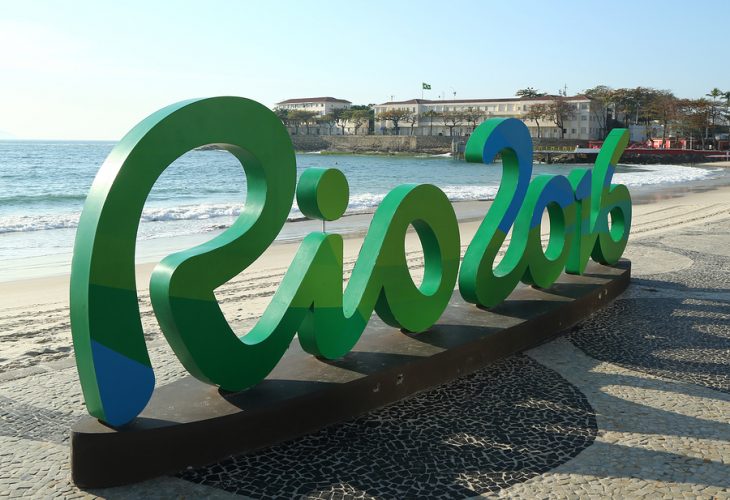
CBC'S OLYMPIC COVERAGE this month is a good starting point for a wider discussion about Canadian broadcasting in our multicultural country.
If we want to be consumer-centric in our approach to regulating the broadcast system, and multiculturalism is one priority pillar of the system, then it stands to reason that all Canadians would be better served if program rights holders were prohibited from squatting on unexploited multilingual rights – especially in the case of major global events.
This past month, Canada missed a great opportunity to use this global unifying event to assist in the never ending effort to promote the cross cultural appreciation and understanding which underlies Canada's successful multicultural society.
The coverage across multiple channels by host broadcaster CBC was passable but failed to be outstanding. Canada had standout athletes but was often not a factor in most finals, so following the Canadian athletes alone seemed oddly incomplete.
What became starkly evident is that Canadian TV coverage lacked multicultural exposure. Sure Canadians could watch NBC in Canada and get top notch coverage that was American athlete focused, but following Latin American or certain European countries specifically, not to mention Middle Eastern or Asian nations, was not possible on Canadian TV. These regions represent the varying home countries and heritages of a large portion of Canada's 36 million inhabitants.
TLN, for instance, has often provided in-language coverage for Spanish and Italian speakers in Canada of major sports events like the FIFA World Cup, UEFA Euro cup and Pan American Games. That was absent for Rio due to CBC's failure to provide such ability to TLN to serve Canadians of Italian and Latin American heritage with culturally specific Rio coverage.
“Canadians would be better served if rights holders were prohibited from squatting on unexploited multilingual rights.” – Aldo DeFelice
Looking forward to future major world sporting events, we believe Canadians would be better served if rights holders were prohibited from squatting on unexploited multilingual rights, especially when those rights holders are public taxpayer supported entities like the CBC. Other jurisdictions around the world have enacted regulations along those lines and Canadian regulations contain analogous provisions. For instance, Canadian TV channels are not permitted to deprive carriers of their signals, and foreign broadcasters are not supposed to deal exclusively or preferentially with programming rights to the detriment of Canadian broadcasters. Although, I have never seen those rules enforced.
Canada is widely regarded as one of the world's most successful multicultural societies. One of the many contributing factors to this success has been Canadian-based ethnic media that speak not only to isolated linguistic communities but to Canadians generally, sharing culture and building bridges. Foreign ethnic media are of course widely available in Canada but they pursue their own interests, often incompatible with Canadian needs, interests, societal norms and values.
It is time to rethink Canadian ethnic broadcasters' special place and responsibilities in our system. For too long the Canadian ethnic broadcasting sector has been ghettoized and largely ignored despite its significant contributions to social cohesion and nation building.
Aldo DiFelice is president of Telelatino Network Inc.



